
The Deaf Academy go for Gold!
BY: Guest Writer
03 Apr 2023
We hear from Michael Smith, Tour Manager at PaddleBoat Theatre Company in Exeter who shares his experience of delivering Gold Arts Award as part of an Access Fund grant project with a college aged young person attending the Deaf Academy in Exmouth. This is a great example of how Arts Award can be personalised to young people’s specific circumstances and enable them to respond to and process experiences…
Please note that this young person’s name has been changed.
We’ve been teaching drama to young people at the Deaf Academy for the last seven years, working with them on creative performance projects. This year however, was our first time working with the young people to achieve accreditation for their work. In particular, we have been working with a young person, Harry, to help him achieve his Arts Award Gold.
We’d worked with Harry since he was in Year 8; a naturally gifted performer, with excellent comic timing and great presence. Harry’s time at the Academy was coming to an end and he was looking for work experience that was in keeping with his creative interests.
Harry was keen to know more about what life as a self-employed artist felt like, especially looking at progression pathways for D/deaf young artists (Unit 1 Part B). We spent time researching and connecting with other D/deaf professionals and talking with them about barriers they’ve faced, sector resilience and the amazing work that they have created in the field. We also talked with The Royal Conservatoire Drama School in Glasgow who offer the only Drama course in the country that is taught in British Sign Language (BSL), with an uptake once every 3 years!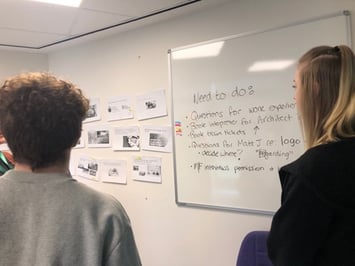 After this it was time for Harry to look at developing a new skill, as part of Unit 1 Part A. PaddleBoat Theatre deliver a lot of work in school settings, working with young people from ages 5 – 21 in both mainstream and Special Educational Needs settings. He decided he wanted to accompany us into a wide range of different schools, as part of our outreach work, and begin learning about drama facilitation. During these workshops Harry got to observe what strong leadership skills looked liked, how different groups of young people behave, and began thinking about what skills he would need in order to deliver a session himself. We discussed at length the kinds of skills a facilitator requires.
After this it was time for Harry to look at developing a new skill, as part of Unit 1 Part A. PaddleBoat Theatre deliver a lot of work in school settings, working with young people from ages 5 – 21 in both mainstream and Special Educational Needs settings. He decided he wanted to accompany us into a wide range of different schools, as part of our outreach work, and begin learning about drama facilitation. During these workshops Harry got to observe what strong leadership skills looked liked, how different groups of young people behave, and began thinking about what skills he would need in order to deliver a session himself. We discussed at length the kinds of skills a facilitator requires.
Armed with these tools Harry began to plan his own workshop for a group of Year 5 children who were creating an end-of-term play to show their parents. Not only this, but he needed to think about effective communication strategies for teaching a group of hearing children. Along with a Communication Support Worker, Harry delivered a fantastic shadow puppetry workshop for the group, teaching them (mostly visually) to create a short scene about a small town getting covered in snow.
Over the course of the project we tried to watch as much theatre with Harry as we could (Unit 1 Part C), and we saw some really fantastic shows. The best of these was The Extraordinary Wall of Silence by Theatre Ad Infinitum, a play told in English and BSL which shows the audience various experiences of what it is like to grow up D/deaf. But plays that were this accessible were few and far between. We managed to find a BSL interpreted Christmas show at the Northcott Theatre by clowning company Le Navet Bete (which was also fab!) but otherwise there was very little available. There certainly wasn’t the breadth of theatre, film, dance, music, poetry etc that is available to other young people of the same age, and a prevailing expectation that if you wanted to see accessible theatre then you needed to be willing to travel to Bristol or London for the experience. This formed the basis of Harry’s creative discourse for Unit 1 Part D about why there isn’t more accessible theatre available.
The final part of Harry’s Arts Award was to deliver his own creative project (Unit 2 - Leadership of an arts project). In 2019 the Exeter Deaf School (the oldest deaf school in the country, and one of the few left standing) left its historic site behind and moved to a new location in Exmouth. Harry set out to create a documentary about what the move meant to the young people at the school: What was left behind, what a fresh start could mean, and what it meant to be D/deaf in 2022 in a small seaside town in England.
The school saw enormous value in a project like this and after drawing up a budget, Harry decided to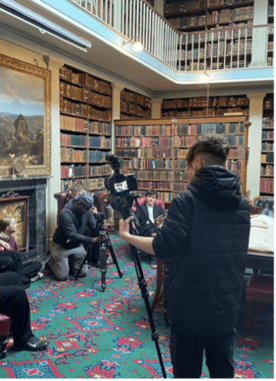 enlist the help of an award-winning, D/deaf film-maker, David Ellington. This meant Harry could focus on producing and starring as the film’s presenter, while knowing that the filming, directing and editing of the project would be in professional hands. David spent many hours on long production Zoom calls with Harry, going through all kinds of logistical requirements that go into making a documentary.
enlist the help of an award-winning, D/deaf film-maker, David Ellington. This meant Harry could focus on producing and starring as the film’s presenter, while knowing that the filming, directing and editing of the project would be in professional hands. David spent many hours on long production Zoom calls with Harry, going through all kinds of logistical requirements that go into making a documentary.
Finally, shooting was ready to begin. The scope of the documentary was ambitious. It involved creating a drama scene set in the 1800’s about the founder of the Exeter Deaf school. Our student rented period costumes from a local theatre and booked an old library to film in. They worked with a group of college students from the Academy to create the scene for filming. 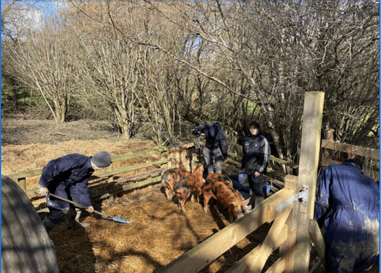 Harry also wanted to capture D/deaf students on work experience so accompanied various pupils to sites such as the Exmouth library, and a trip to a local farm, run entirely by SEN young people. It was quite an experience filming in a pig pen and trying to stop them from eating the equipment!
Harry also wanted to capture D/deaf students on work experience so accompanied various pupils to sites such as the Exmouth library, and a trip to a local farm, run entirely by SEN young people. It was quite an experience filming in a pig pen and trying to stop them from eating the equipment!
Harry also organised a meeting with the architect who designed the new school on its Exmouth site. This was a fascinating meeting where the architect explained how he wanted to make a D/deaf accessible space, thinking about corridor size, wall colours, acoustics and more!
The challenges didn’t end at filming though. While Harry wasn’t responsible for the edit, he did want to make sure that anyone could enjoy the video; hearing or D/deaf, so they had to liaise with interpreters and translators to add voice over, subtitles and in vision signing to the final film. 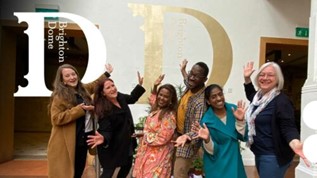
The final film was shown to the entire school at an event celebrating the school’s heritage and has since been used as a learning aid for younger students in classrooms. The film was also premiered as part of the inaugural Flare Wave Festival in Brighton – a film festival celebrating work by D/deaf artists!
Images:
Header banner image: Pexels.com
All other images within blog post by PaddleBoat Theatre Company / Brighton Dome
Related posts
BY: Nicola King
BY: Nicola King

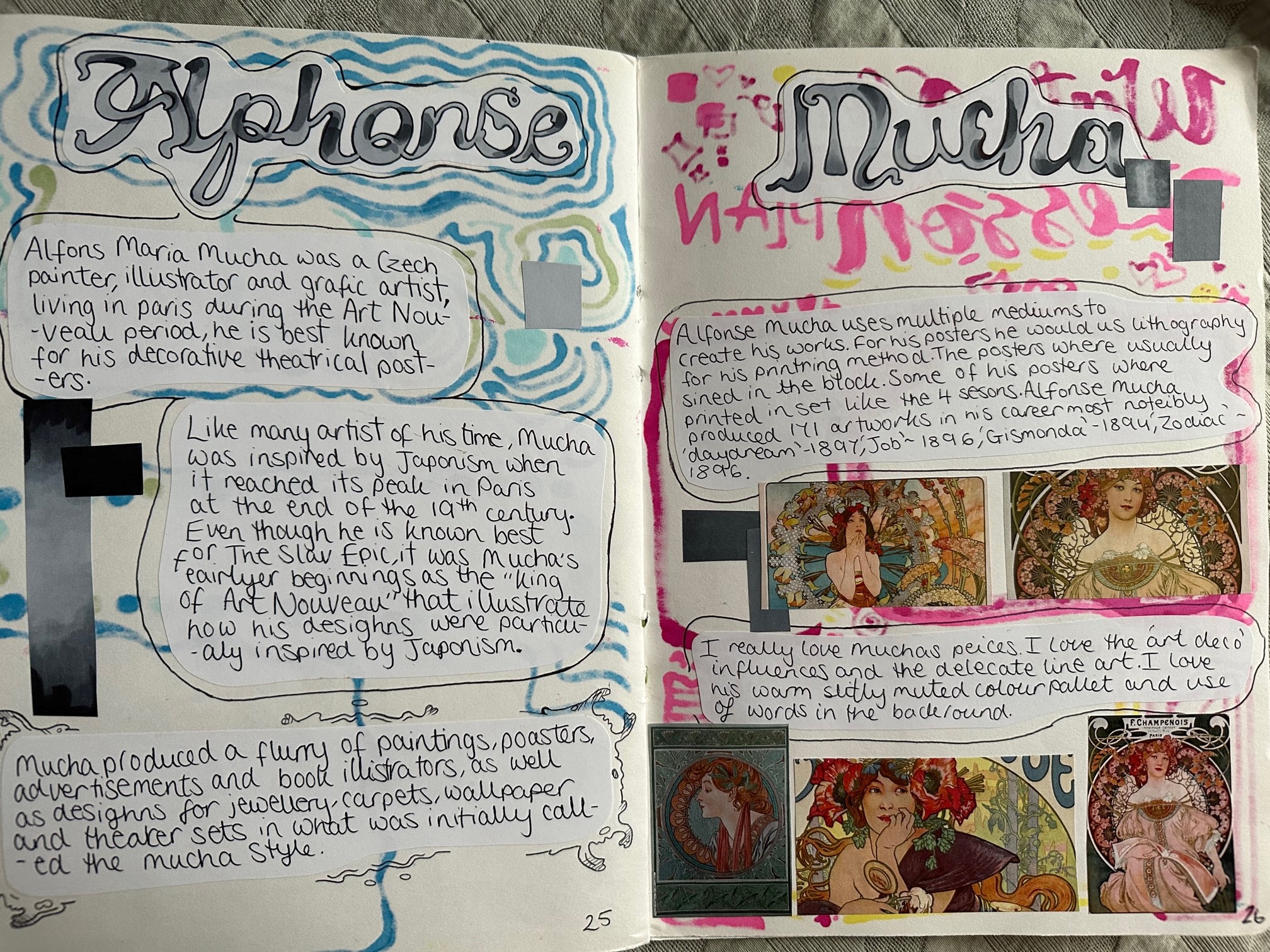
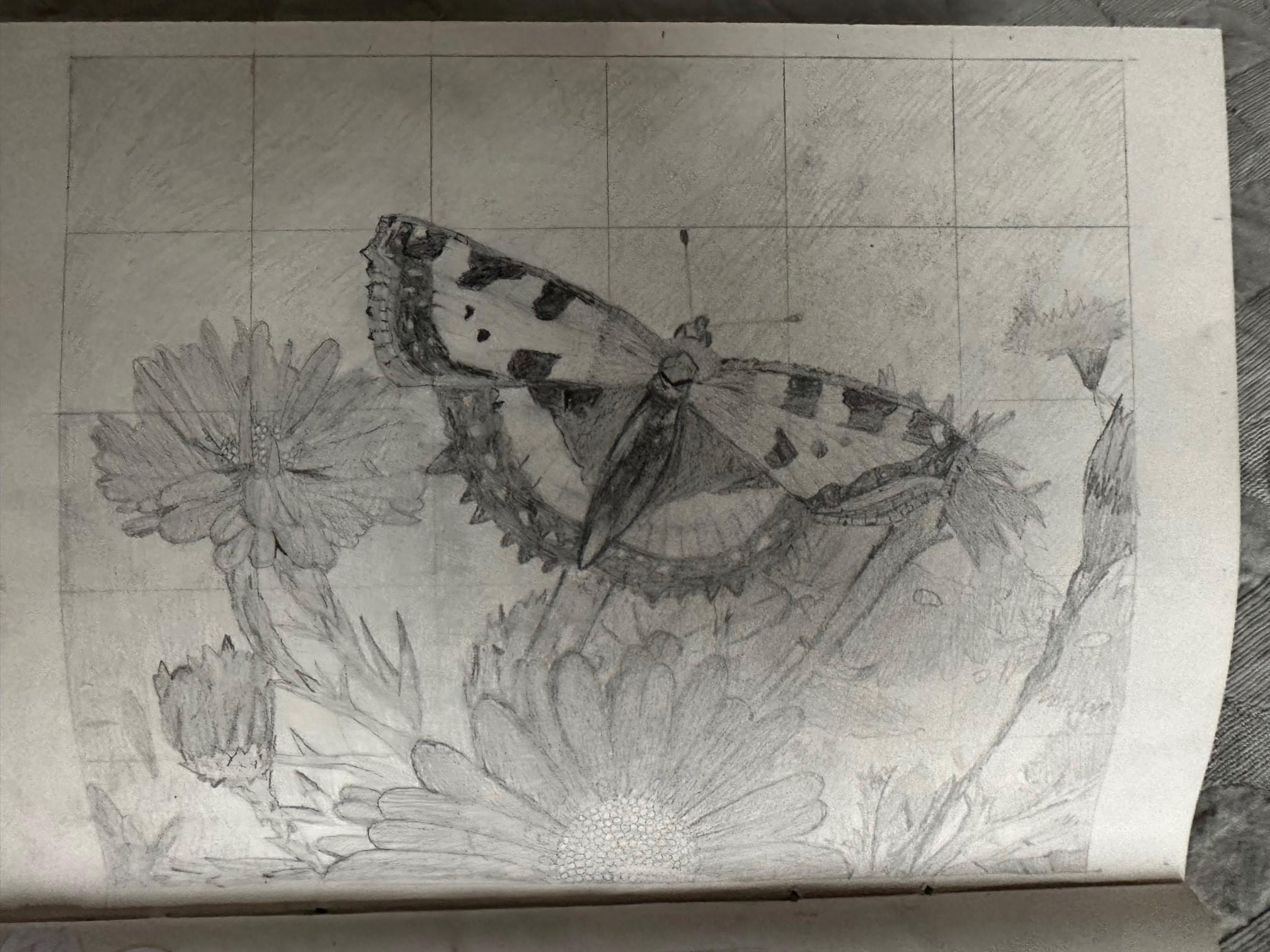
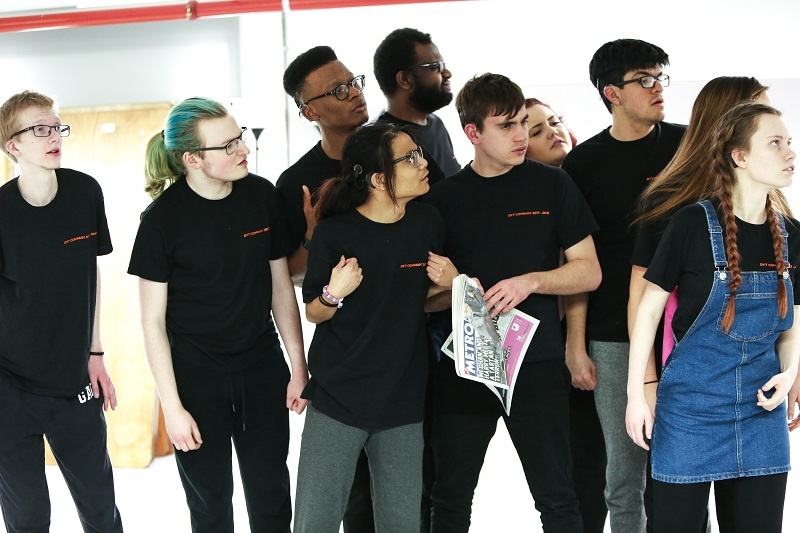
Comments & Replies